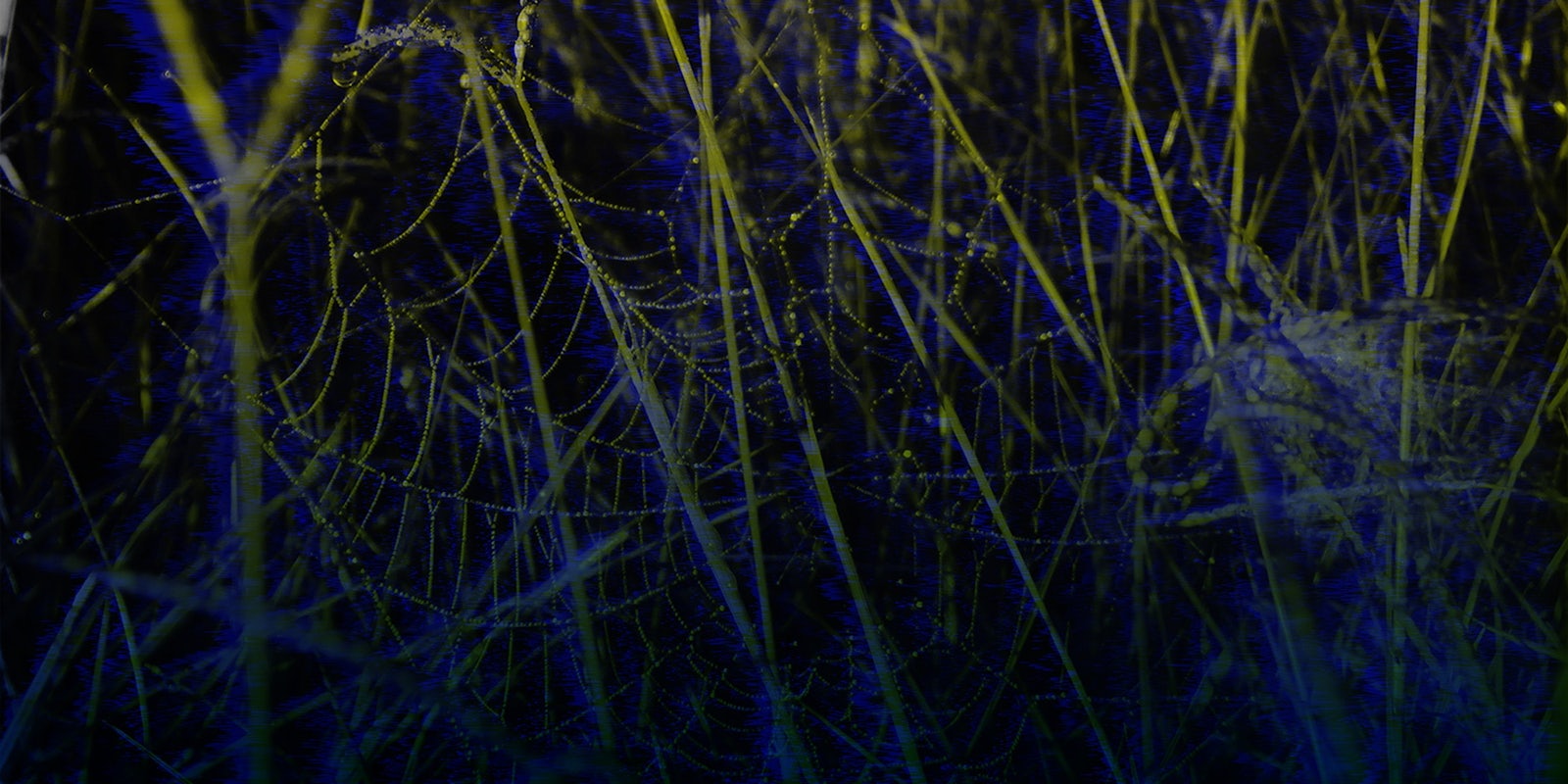Being a pedophile on the Deep Web isn’t as easy today.
When FBI agents burst into the home of Timothy DeFoggi early one morning last year, he was sitting at his laptop downloading child pornography videos over the Tor anonymity network.
DeFoggi, until then the acting cybersecurity chief at the federal Department of Health and Human Services, was recently found guilty of three child-porn crimes, including solicitation and distribution. His guilty verdict is the latest in a long string of successful investigations, busts, and convictions that have come as American law enforcement wages a war on child pornography on the Deep Web.
Today, the pedophile websites and communities of the anonymous Internet are closing ranks and making it more difficult for new members to enter than ever before.
The Love Zone, likely the biggest child pornography site on the Deep Web today, has over 50,000 members. At one time, registering for the Love Zone was as easy as making a Twitter account. For much of the four years since its founding in 2010, the site grew into one of the largest trading posts of illegal pornography simply because of its openness.
Prospective new members now have to actually commit a crime to gain access.
After you’ve claimed a nickname on TLZ, new members are required to post 50 to 200 megabytes of hardcore preteen pornography in order to gain access. An application “must contain clearly preteen hardcore material,” the site rules state. “No softcore, no jailbait. If at least one of the participants is 12 years old or less, flat-chested, hairless, and engaging in sexual activity, it most likely qualifies.”
Members also have to describe the content of the porn in detail.
That’s the equivalent of a street gang requiring a new member to rob a deli or stab a passerby, a tried-and-true method criminals use to separate the wheat from the chaff. Make the newbie commit a crime in front of everyone, or else he’s out.
Serious U.S. vigilance against child pornography in cyberspace began over a decade ago—long after the pedophiles had arrived online in large numbers—but the federal crosshairs shifted decisively to illegal abuse material on Tor’s anonymity network in 2013.
Over the past year, several of the biggest child pornography websites of all time have been targeted and shut down. Offenders were identified and arrested. Pedophile communities were saturated with fear, uncertainty, and doubt.
That hasn’t stopped many pedophiles from looking for illegal porn on the Deep Web, but it has put them in a new mindset.
In early Aug. 2013, federal agents seized and shut down Freedom Hosting, a Deep Web hosting operation they correctly identified as the “largest facilitator of child porn on the planet.”
Freedom Hosting was home to websites like Lolita City, which was then likely the largest child pornography site on the Web, with millions of photos and videos provided to over 15,000 members. It was free and open to access with no registration required.
Lolita City’s openness was the product of a pedophile community that had grown relatively comfortable behind the powerful veil of Tor’s anonymity.
Now, several popular forums across the Deep Web that were once open require illegal initiation rites or have simply closed up registration to new members.
This sort of defensive posture has been seen in the Deep Web’s recent past.
Before the fall of Freedom Hosting, the most prominent threat to the pedophiles of the Deep Web was perceived to be cyberattacks from hacktivist vigilantes from groups like Anonymous. In 2011, Anonymous attacked and brought down multiple Deep Web child porn sites including Lolita City—for a few days, anyway.
Shortly thereafter, the sites came back online and grew to 10 times their previous size.
To defend their websites from distributed denial of service attacks, sites like the Onion Pedo Video Archive (OPVA, the website that DeFoggi was caught using) threw an obstacle in the way: a front page CAPTCHA containing child pornography that required a human being to view and interact with the illegal content before being able to access or attack the site.
OPVA no longer exists. It was never relaunched when Freedom Hosting was shut down. But many other child pornography sites popped back up.
While these obstacles can help to keep out vigilantes, trolls, and journalists—viewing and sharing that material is a crime for almost anyone—there are important exceptions the pedophiles are acutely aware of.
Police involved in an investigation can do what they deem necessary, for instance, and informants will likely be given a legal pass if they are cooperating with police.
The defensive posturing from the Deep Web’s child pornography realm is telling. They’re not stopping or shutting down shop by any means. But the last year, which has included arrests and raids of Deep Web pedophiles across the world, has left that community more on edge than ever before.
Illustration by Jason Reed


